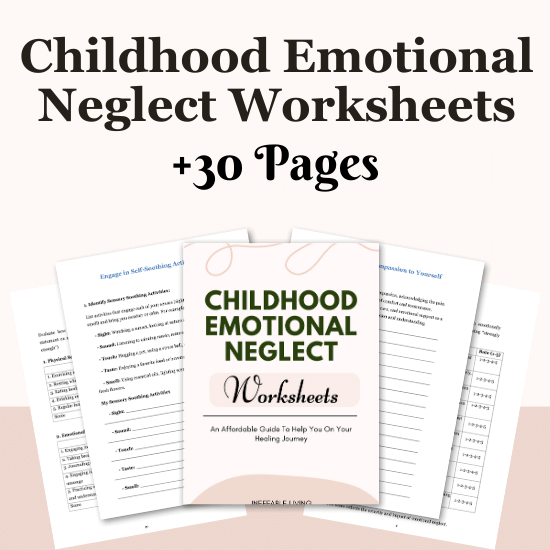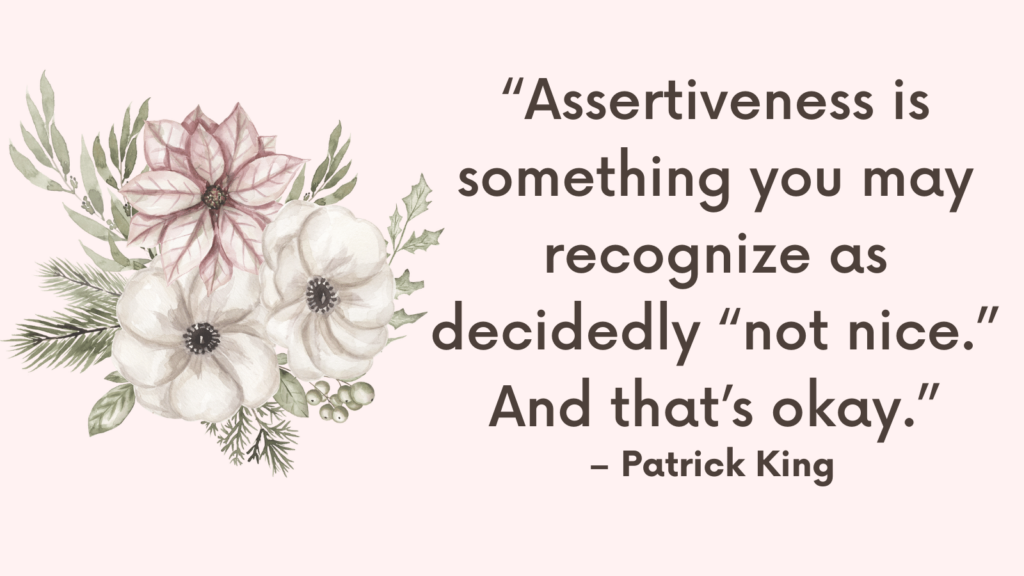In this post, you’re going to learn how to deal with unsupportive family?
Signs You’re Dealing with Unsupportive Family
Sometimes family hurts more than they help — not necessarily because they mean to, but because they lack the tools, empathy, or willingness to show up the way you need. Recognizing the signs of an unsupportive family is the first step to protecting your emotional well-being and setting healthier boundaries.
1. They Dismiss or Minimize Your Feelings
When you share your struggles, they respond with “It’s not that bad,” “You’re overreacting,” or “Other people have it worse,” making you feel small or invisible.
2. They Make Everything About Themselves
Instead of focusing on your needs, they hijack the conversation, turning it into how they feel, what they need, or how your problem is affecting them.
3. They Offer Judgment Instead of Help
Instead of offering comfort or solutions, they criticize your choices, blame you for your pain, or act superior, leaving you feeling shamed rather than supported.
4. They Ignore or Downplay Your Achievements
When you share good news or accomplishments, they brush it off, change the subject, or find ways to belittle your success, making it hard to celebrate.
5. They Set Conditional Love or Support
Their care feels transactional — they only show warmth when you meet their expectations or agree with them, withdrawing affection or help when you don’t.
6. They Gossip or Betray Your Trust
They share your private struggles with others without your permission or use your vulnerabilities as conversation material, making you feel exposed and unsafe.
7. They Undermine Your Growth or Independence
When you try to make positive changes, they discourage you, mock your efforts, or subtly sabotage your progress, pulling you back into old, unhealthy patterns.
8. They Prioritize Their Needs Over Yours
Even in moments of your deep pain or crisis, they expect you to cater to their feelings, comfort them, or minimize your own needs to keep the peace.
9. They Avoid Accountability or Apologizing
When they hurt you, they deflect, deny, or blame you instead of acknowledging the harm and working to repair it, making meaningful reconciliation impossible.
10. You Consistently Feel Drained, Not Nourished
After interactions, you feel emotionally exhausted, anxious, or lonely instead of supported, valued, or recharged — your body and heart tell you something is off.
Recognizing unsupportive family patterns doesn’t mean you have to cut people off — but it does mean you have the right to protect your peace, set clear boundaries, and seek the love and support you deserve elsewhere.
How to Deal with Unsupportive Family?
Navigating relationships with unsupportive family members can be emotionally challenging.
The lack of support from family members can significantly impact one’s mental and emotional well-being.
Here are some strategies and insights on how to deal with and address unsupportive family dynamics in a healthy and empowering manner.
1. Self-Validation
In the absence of support from family members, it’s important to validate your own feelings and experiences.
Recognize that your emotions are valid, and it’s natural to desire understanding and affirmation from those closest to you.
Acknowledge your inner strength and resilience in the face of unsupportive dynamics.
2. Seek Support Elsewhere
While family support is typically expected, it’s important to seek support and validation from other sources.
Cultivate relationships with friends, mentors, or support groups who provide empathy, understanding, and encouragement.
Building a network of support outside of your family can help mitigate the impact of unsupportive relatives.
Related: Top 8 Dysfunctional Family Roles
3. Set Boundaries
Establish clear boundaries with unsupportive family members to protect your emotional well-being.
This may involve limiting interactions, setting guidelines for communication, or choosing to distance yourself from toxic or hurtful situations.
Boundaries are essential for maintaining your mental and emotional health.
4. Communicate Your Needs
If you feel comfortable, consider communicating your needs and feelings to unsupportive family members.
Express how their lack of support affects you and what type of support you would find helpful.
While there’s no guarantee of immediate change, clear communication can at least provide a sense of closure and assertiveness.
5. Focus on Self-Care
Prioritize self-care practices that nurture your mental and emotional well-being.
Engage in activities that bring you joy, relaxation, and comfort.
This can include exercise, creative pursuits, mindfulness practices, and spending time in environments that promote tranquility and positivity.
6. Cherish Positive Relationships
Place emphasis on nurturing and cherishing relationships with family members or individuals who do demonstrate support and understanding.
Even if these supportive individuals are not biological family members, cultivating meaningful connections with them can contribute to your sense of belonging and validation.
Related: Toxic Family Quiz
7. Cultivate Inner Strength
Draw upon your inner strength and resilience to navigate unsupportive family dynamics.
Remind yourself of your worth, accomplishments, and abilities.
Engage in practices that promote self-empowerment and reinforce a positive self-image.
8. Examine Expectations
Evaluate and adjust your expectations regarding family support.
While it’s natural to desire familial validation and encouragement, recognizing and accepting the limitations of certain relationships can alleviate disappointment and reduce emotional strain.
9. Focus on Personal Growth
Redirect your focus towards personal growth and development.
Engage in activities, hobbies, or educational pursuits that foster self-improvement and fulfillment.
Investing in your personal growth can provide a sense of purpose and accomplishment independent of familial validation.
10. Practice Gratitude
Cultivate a practice of gratitude by focusing on the positive aspects of your life.
Gratitude can help shift your perspective towards the supportive relationships and enriching experiences you do have, creating a sense of balance and emotional well-being.
Related: Top 10 Signs You Grew Up In A Toxic Family

Conclusion
Navigating unsupportive family dynamics is a complex and deeply personal journey. It’s important to approach this process with self-compassion, resilience, and a recognition of your intrinsic value.



